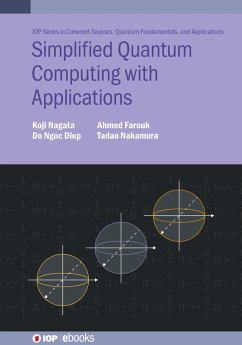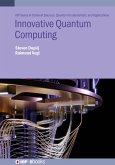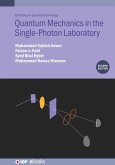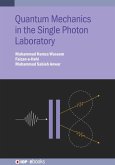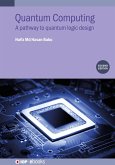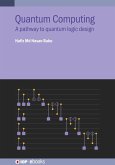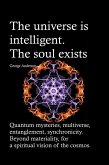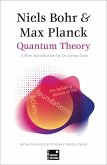Even today, quantum computing is still at a developing stage. The feature of this book is from introduction to deeply investigated research results. Therefore, the contents are fully satisfied with the authors' earnest will to transfer their concepts to the readers.
Concretely speaking, the book is a simplified version of the classical quantum basic gate theory like Deutsch-Jozsa algorithm, Deutsch algorithm, Bernstein-Vazirani algorithm, Grover search algorithm, Simon algorithm, etc. with applications in the cryptography and coding theory. It reflects the actual status of research in these topics and at the same time it started from the beginning. The beginners can start to study these topics and the experts could find some new results.
Providing a plethora of new research results, this book will compliment any standard textbook in quantum computing. With a simplified presentation, this book is suitable for both experts and beginners, helping researchers take their studies to the next level.
Hinweis: Dieser Artikel kann nur an eine deutsche Lieferadresse ausgeliefert werden.
Concretely speaking, the book is a simplified version of the classical quantum basic gate theory like Deutsch-Jozsa algorithm, Deutsch algorithm, Bernstein-Vazirani algorithm, Grover search algorithm, Simon algorithm, etc. with applications in the cryptography and coding theory. It reflects the actual status of research in these topics and at the same time it started from the beginning. The beginners can start to study these topics and the experts could find some new results.
Providing a plethora of new research results, this book will compliment any standard textbook in quantum computing. With a simplified presentation, this book is suitable for both experts and beginners, helping researchers take their studies to the next level.
Dieser Download kann aus rechtlichen Gründen nur mit Rechnungsadresse in A, D ausgeliefert werden.
Hinweis: Dieser Artikel kann nur an eine deutsche Lieferadresse ausgeliefert werden.

